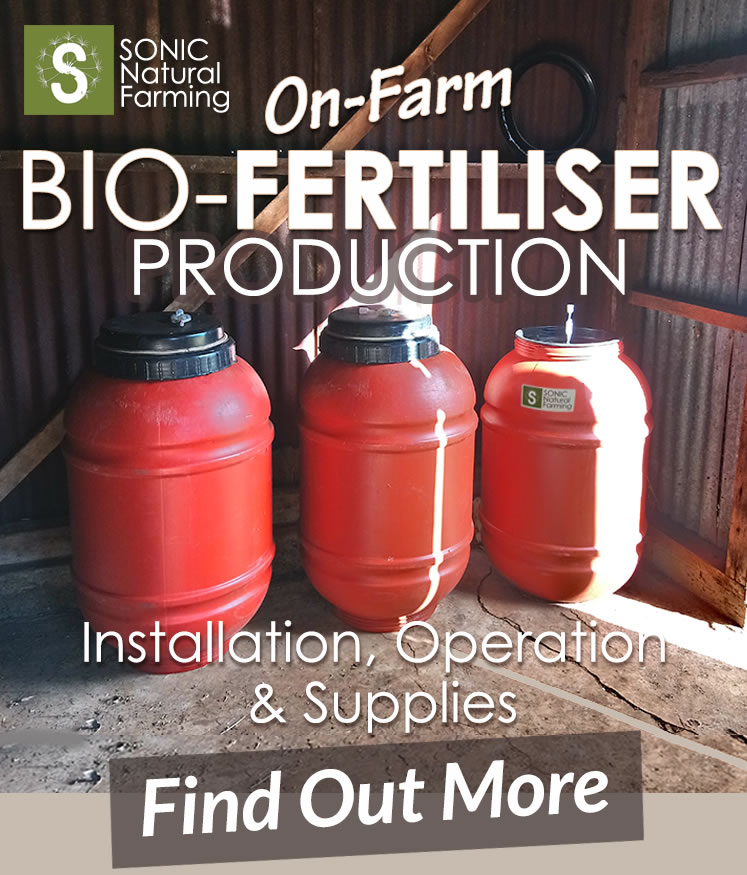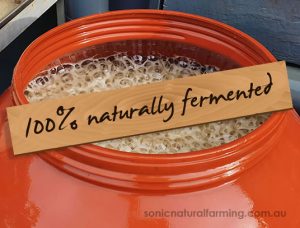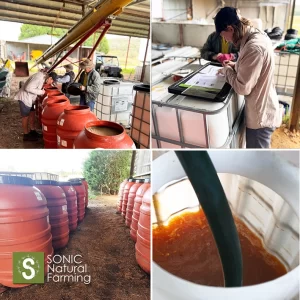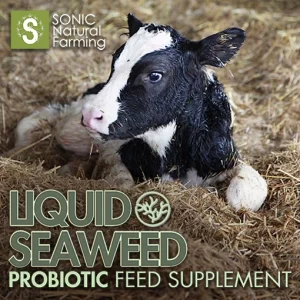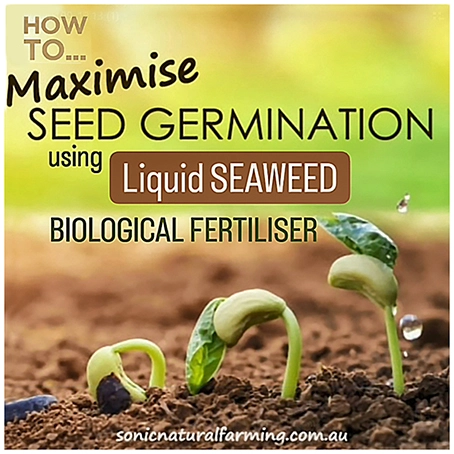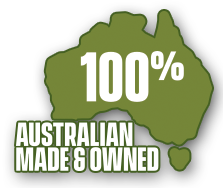 Seeds are the tiny powerhouses that hold the potential for life and growth. They symbolise new beginnings, hope, and the cycle of nature. From the seeds we plant in our soil to the seeds we consume in our food, they play a crucial role in sustaining life on our...
Seeds are the tiny powerhouses that hold the potential for life and growth. They symbolise new beginnings, hope, and the cycle of nature. From the seeds we plant in our soil to the seeds we consume in our food, they play a crucial role in sustaining life on our...
 Liquid fertiliser is a popular choice among farmers due to its numerous advantages over dry fertilisers. In this article, we will explore the benefits of using liquid fertiliser and how it compares to its dry counterpart. By understanding these advantages, you will be...
Liquid fertiliser is a popular choice among farmers due to its numerous advantages over dry fertilisers. In this article, we will explore the benefits of using liquid fertiliser and how it compares to its dry counterpart. By understanding these advantages, you will be...
 Fish hydrolysate fertiliser is a valuable tool in agricultural systems to improve soil health and provide organic nitrogen to plants. This type of fertiliser is produced by breaking down fish parts, such as bones, skin, and organs, into a liquid form through a process...
Fish hydrolysate fertiliser is a valuable tool in agricultural systems to improve soil health and provide organic nitrogen to plants. This type of fertiliser is produced by breaking down fish parts, such as bones, skin, and organs, into a liquid form through a process...
 Livestock farmers are turning to innovative solutions to tackle the challenge of odour in animal enclosures. By harnessing the power of beneficial microbe formulas, they can not only reduce unpleasant odours on the farm, but can also promote a healthier environment...
Livestock farmers are turning to innovative solutions to tackle the challenge of odour in animal enclosures. By harnessing the power of beneficial microbe formulas, they can not only reduce unpleasant odours on the farm, but can also promote a healthier environment...
 Why Use Fermentation to Produce Biological Fertilisers? Fermentation is a process that has been utilised for centuries in various industries, including the production of biological fertilisers. Biofertilisers are organic fertilisers that are derived from natural...
Why Use Fermentation to Produce Biological Fertilisers? Fermentation is a process that has been utilised for centuries in various industries, including the production of biological fertilisers. Biofertilisers are organic fertilisers that are derived from natural...
 Building soil biology is a crucial aspect of sustainable agriculture and gardening practices. By encouraging the return of microbial life and replenishing the soil food web, we can create a self-sufficient network that benefits plant health and overall ecosystem...
Building soil biology is a crucial aspect of sustainable agriculture and gardening practices. By encouraging the return of microbial life and replenishing the soil food web, we can create a self-sufficient network that benefits plant health and overall ecosystem... 







